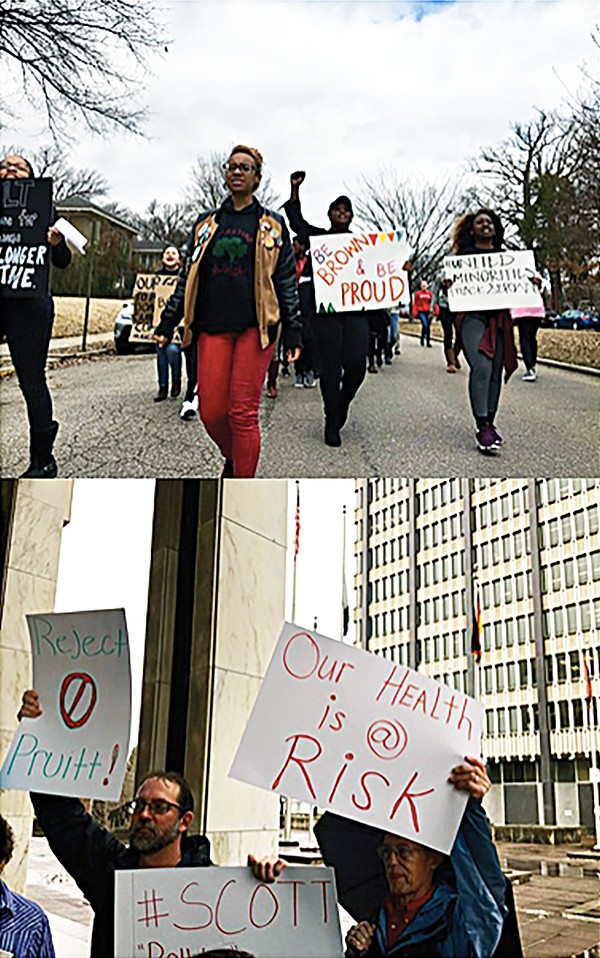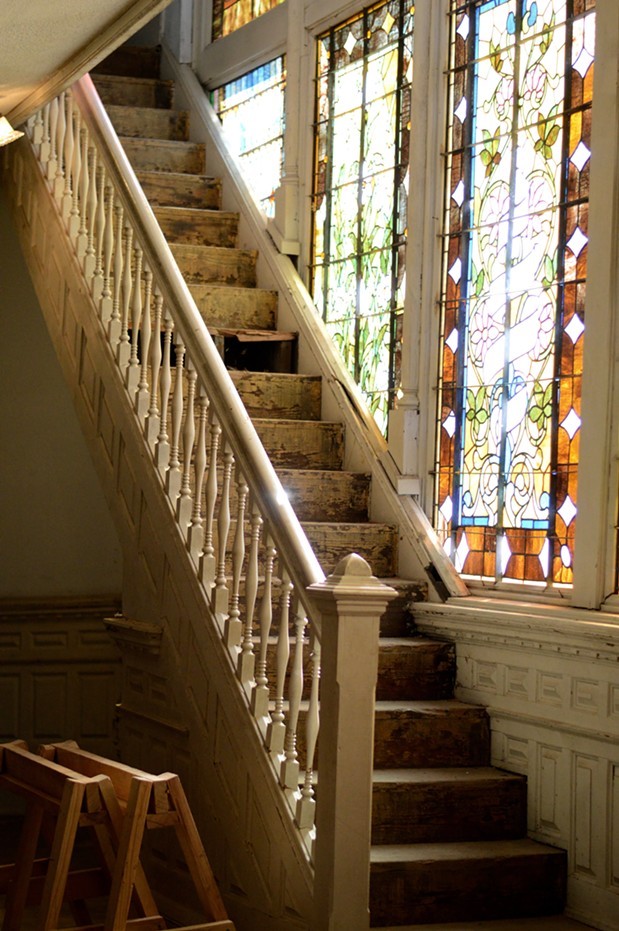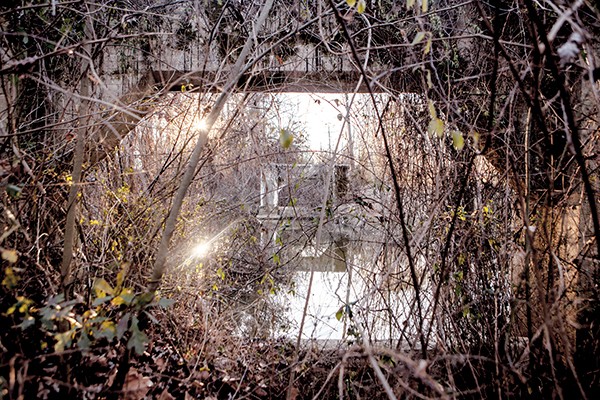If your Monday is off to a weary start, no worries, here’s some shows to look forward to. From The Forum to Murphy’s, there’s a handful of bands hitting Memphis this week that are worth your time and money.
1) Stevie Nicks — Fedex Forum, Wednesday, March 8.
After multiple sell-out shows on the first leg of her 24 Karat Gold Tour, Stevie Nicks has added an additional 20 dates. The Fleetwood Mac singer and solo artist will be joined by The Pretenders. Judging by the set list, it’ll be a memorable night for fans, old and new, of her entire discography.
Stevie Nicks, Conor Oberst, and Other Shows to Catch This Week
2) Against Me! — Hi-Tone, Thursday, March 9.
Laura Jane Grace came out as transgender four years ago. A year and a half after Grace’s announcement, the band released Transgender Dysphoria Blues, an album that, while true to the band’s long and loyal fanbase, steered Against Me in a new direction. If that album documented Grace’s struggles through transitioning, 2016’s Shape Shift With Me continued her experience into further uncharted territory. It’s an album about love from a transgender perspective, new ground for Against Me, and an album relatable to a community without many records to identify.
Stevie Nicks, Conor Oberst, and Other Shows to Catch This Week (2)
3) Conor Oberst — Minglewood Hall, Saturday, March 11.
Ruminations is one of the more seminal records in Conor Oberst’s extensive catalog, an album that was never meant to happen except that it had to happen. Recorded bare on harmonica, guitar, and piano over just two days, there’s an urgency apparent in Oberst’s shaking voice. After being falsely accused of rape in 2014, Oberst returned from New York to his hometown in Omaha, Nebraska to learn a cyst had developed on his brain. These songs are were written as he processed those experiences.
Stevie Nicks, Conor Oberst, and Other Shows to Catch This Week (3)
4) Ratboys — Murphy’s, Sunday, March 12.
Ratboys, by way of Chicago, Illinois, grew from a dorm room duo to a post-county band that’ll grab your attention and keep it. They write songs about lesson learning and what it means to be better than we are, stuff like that, I think. They’re on tour with Slingshot Dakota and Island of Misfit Toys. Don’t mess up.
Stevie Nicks, Conor Oberst, and Other Shows to Catch This Week (4)


 Justin Fox Burks
Justin Fox Burks 
 Joshua Cannon
Joshua Cannon  Joshua Cannon
Joshua Cannon 



 Andrea Morales
Andrea Morales